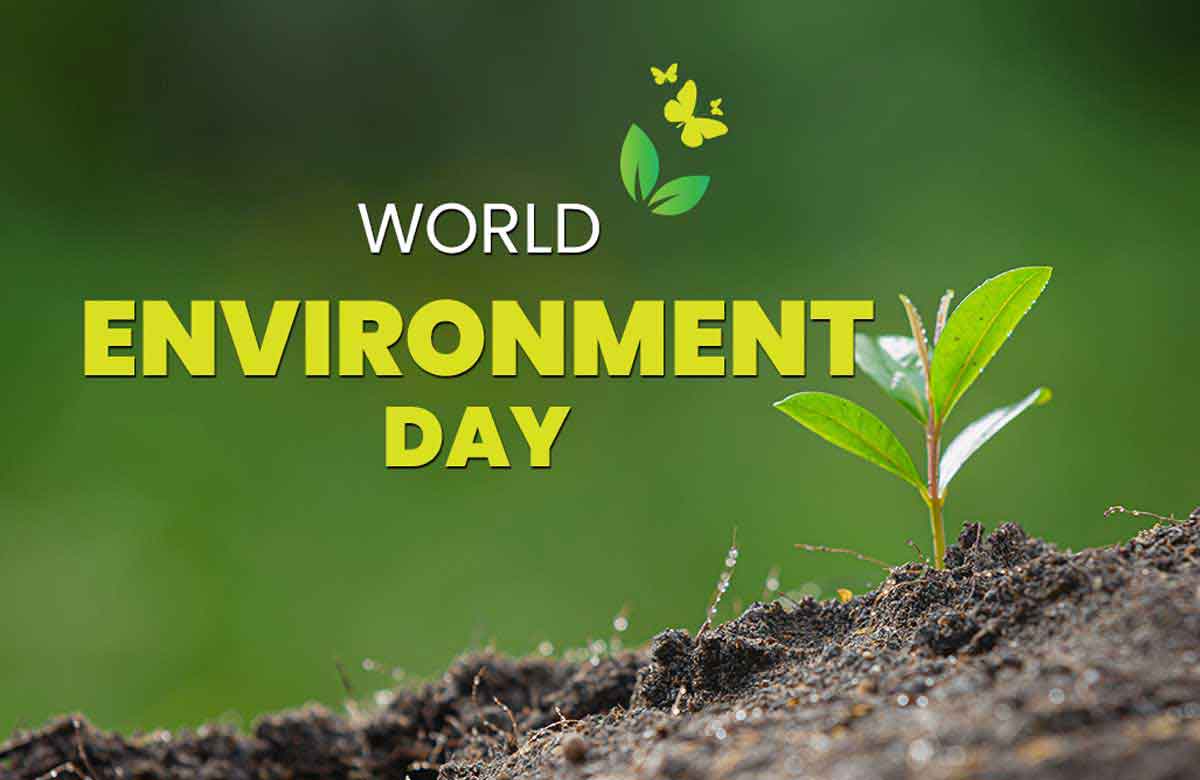
World Environment Day
The subject of this year's World Environment Day is "Reimagine.Recreate.Restore," which coincides with the start of the United Nations Decade on Ecosystem Restoration in 2021. The fundamental goal is to stop our ecosystems from deteriorating.
According to the United Nations Environment Programme, restoring the environment is necessary to combat climate change, save species from extinction, and, most importantly, safeguard human future.
To keep global warming below 2 degrees Celsius, it is critical to slash greenhouse gas emissions by roughly half by 2030. These goals can't be met without rehabilitating ecosystems and carbon sinks. We can save 1 million endangered species, according to the programme, by halting and reversing the deterioration of oceans and lands. According to scientists, restoring merely 15% of ecosystems in critical areas can reduce extinctions by 60%.
Now, how should we go about restoring the ecosystem? The United Nations is focusing on eight primary types of ecosystems that have been seriously harmed by humans. All of them can be recovered by minimising the pressure they are under and taking the steps necessary for a quick recovery.
To conserve our oceans and coastline, let us put an end to irresponsible fishing and eliminate plastic waste and pollution at all costs. Another essential action we should take is to restore corals, mangroves, seagrass, and other habitats.
Let us create green spaces and clean urban waterways in the heart of our cities.Our focus should be on preventing pollution and treating wastewater. By managing fishing, mining, and water extraction sustainably, we would be doing a huge favor to our nature.
We need to figure out how to re-wet degraded peatlands and keep them from being drained and converted. Controlling grazing and fuel harvesting should be done right away.
Another ecosystem that deserves our attention is farmland. We can repair our farmlands by planting a wider variety of crops, including trees, using natural fertilisers and pesticides, and lowering tillage and cover cropping.
We can restore our forests and avert avalanches, landslides, and floods by restricting extraction and excavation and developing climate-resilient farming systems.
Our Grasslands and Savannahs are another ecosystem on which we must concentrate our efforts. To do so, it will be vital to collaborate closely with the communities who live nearby, raising knowledge about sustainable grazing and the need to reconnect with natural habitats.
Let us prepare ourselves to re-establish a healthy relationship between humans and the environment. Let us not forget that we face a significant struggle ahead of us, and that we must seize this opportunity to restore nature. Allow this to be the chance we've been waiting for to demonstrate our love and support for our environment. Let us band together to avert a climate catastrophe.